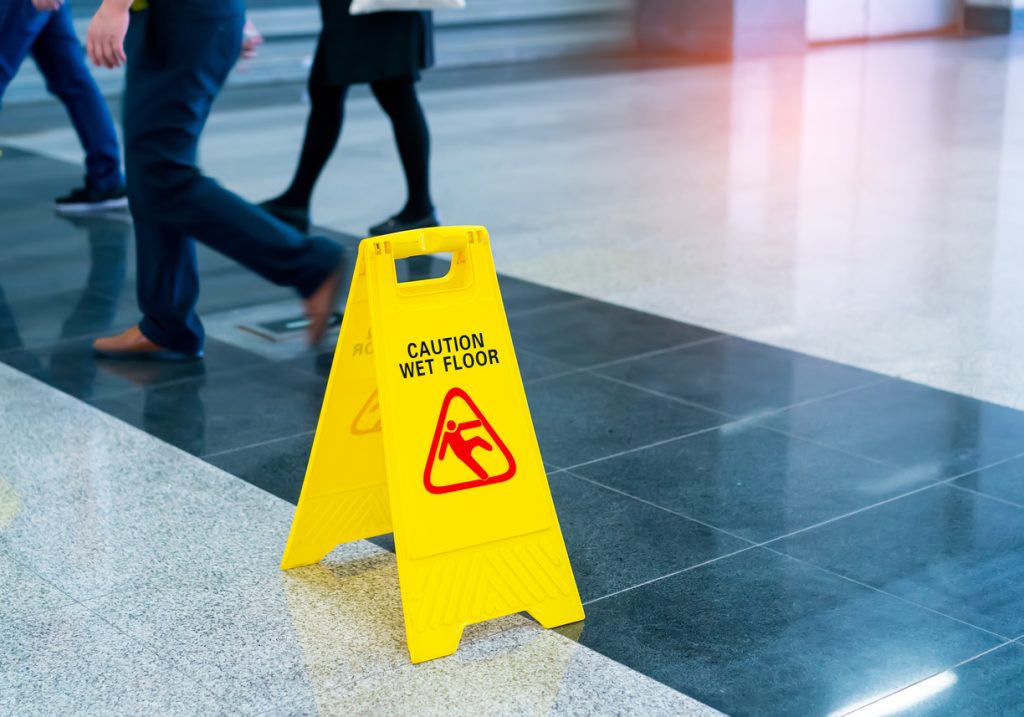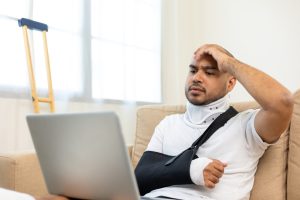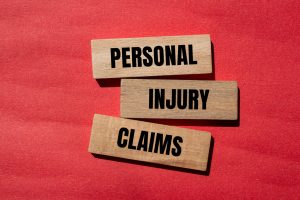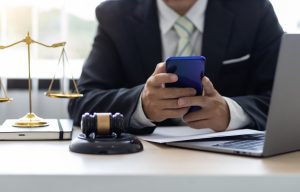They occur when individuals lose their footing due to hazardous conditions on someone else's property, resulting in injury. In these cases, establishing liability is crucial for determining who is responsible for compensating the victim for their injuries and related damages.
Understanding Liability in Slip and Fall Cases
Liability refers to legal responsibility for one's actions or inactions.
In slip and fall cases, multiple parties may be involved, including property owners, tenants, landlords, or managers. Legal principles such as premises liability govern the determination of liability in these cases, outlining the duties and obligations owed by property owners to visitors or customers.
Factors Contributing to Liability
Several factors can contribute to liability in slip and fall cases. These include:
- Wet floors,
- Uneven surfaces,
- Inadequate lighting, or
- Obstacles obstructing walkways.
Property owners and managers have a duty of care to maintain safe premises and address any hazards promptly. Negligence in fulfilling this duty can lead to liability if it results in harm to others.
Determining Premises Liability in Slip and Fall Accident
Premises liability in slip and fall cases holds property owners accountable for accidents and injuries that occur on their premises. Owners must maintain safe conditions, including identifying and addressing hazards like wet floors or uneven surfaces, and warning visitors of known dangers.
To establish liability, injured parties typically must prove the owner's negligence in failing to address the hazard, leading directly to the accident. Comparative negligence laws may apply if the injured party shares some fault.
Property owners may defend against claims by disputing the hazard's existence or arguing contributory negligence. Victims, on the other hand, can seek compensation for various damages through insurance claims or lawsuits.
Comparative Negligence
Comparative negligence is a legal doctrine used to allocate fault in personal injury cases, including slip and fall accidents. Under this doctrine, the negligence of both the plaintiff and the defendant is considered, and the compensation awarded is reduced proportionately based on the plaintiff's degree of fault.
Legal Remedies
Victims of slip and fall accidents may pursue various legal remedies to seek compensation for their damages. This may include:
- Medical expenses,
- Lost wages,
- Pain and suffering,
- Property damage.
What Should You Do After a Slip and Fall Accident?
After experiencing a slip and fall accident, taking immediate and appropriate action is crucial to ensure your well-being and protect your legal rights. Here are the essential steps to take:
- Seek Medical Attention: Your health and safety should be the top priority. Even if you don't believe your injuries are severe, it's essential to seek medical attention promptly.
- Report the Incident: Inform the property owner, manager, or relevant authority about the accident as soon as possible.
- Document the Scene: Take photos or videos of the accident scene, including the hazard that caused your fall, any visible injuries, and the surrounding area. If there were any witnesses to the accident, obtain their contact information as their testimony may be valuable later.
- Preserve Evidence: If there were any physical objects involved in the accident, such as torn clothing or damaged personal belongings, preserve them as evidence. Additionally, keep records of any medical treatment received, including hospital visits, doctor's appointments, and medications prescribed.
- Follow Medical Advice: Attend all follow-up appointments and therapy sessions as advised. Your compliance with medical treatment demonstrates the seriousness of your injuries and strengthens your case.
- Notify Insurance Companies: Inform your insurance company about the accident and provide them with relevant details. However, consult a legal professional before making formal statements or signing documents.
- Consult a Personal Injury Lawyer: Consider seeking guidance from an Atlanta slip & fall attorney who assesses the circumstances of your accident, explains your legal options, and helps you pursue fair compensation for your injuries and damages.
Final Thoughts
The importance of liability in slip and fall cases cannot be overstated. These accidents, often resulting from hazardous conditions on someone else's property, demand a clear determination of responsibility to ensure justice for the injured party.
Through proper documentation, legal recourse, and adherence to legal principles, individuals can seek fair compensation for their injuries and related damages.





















